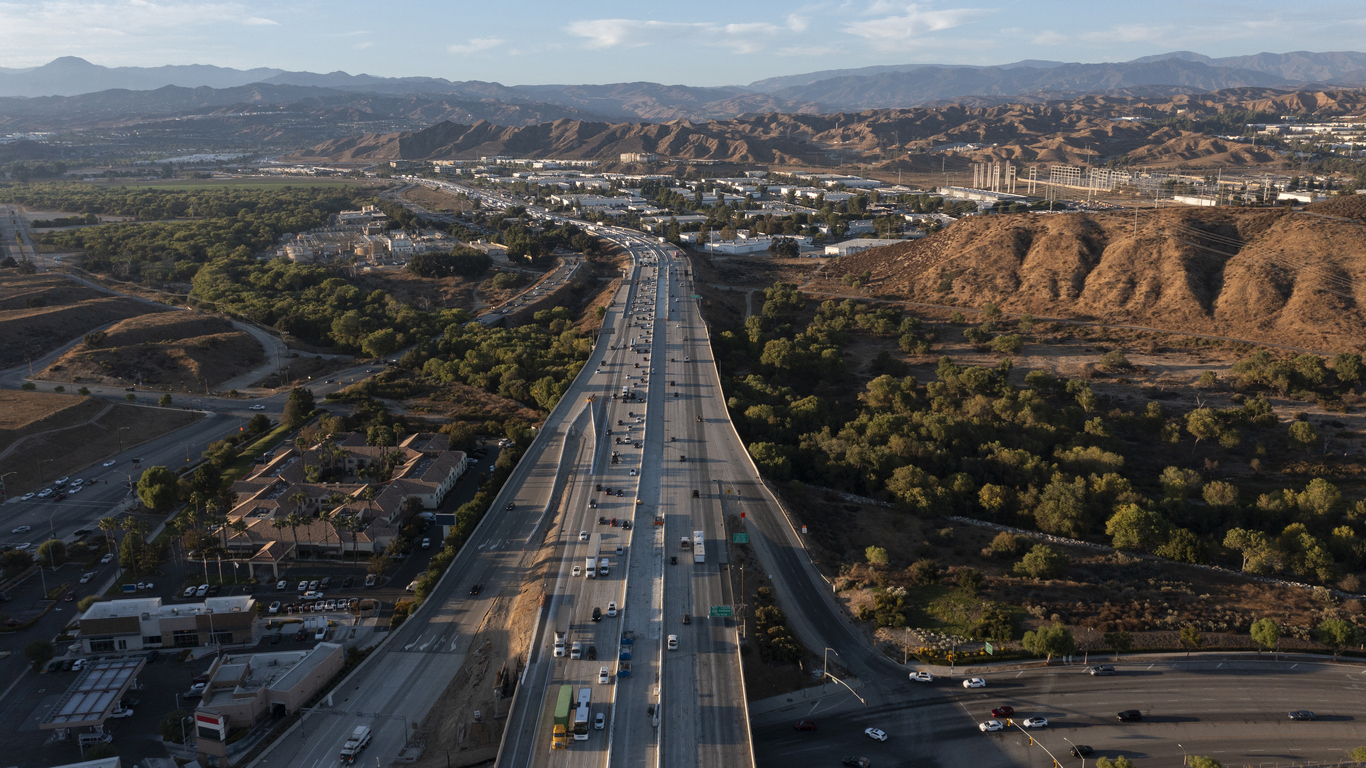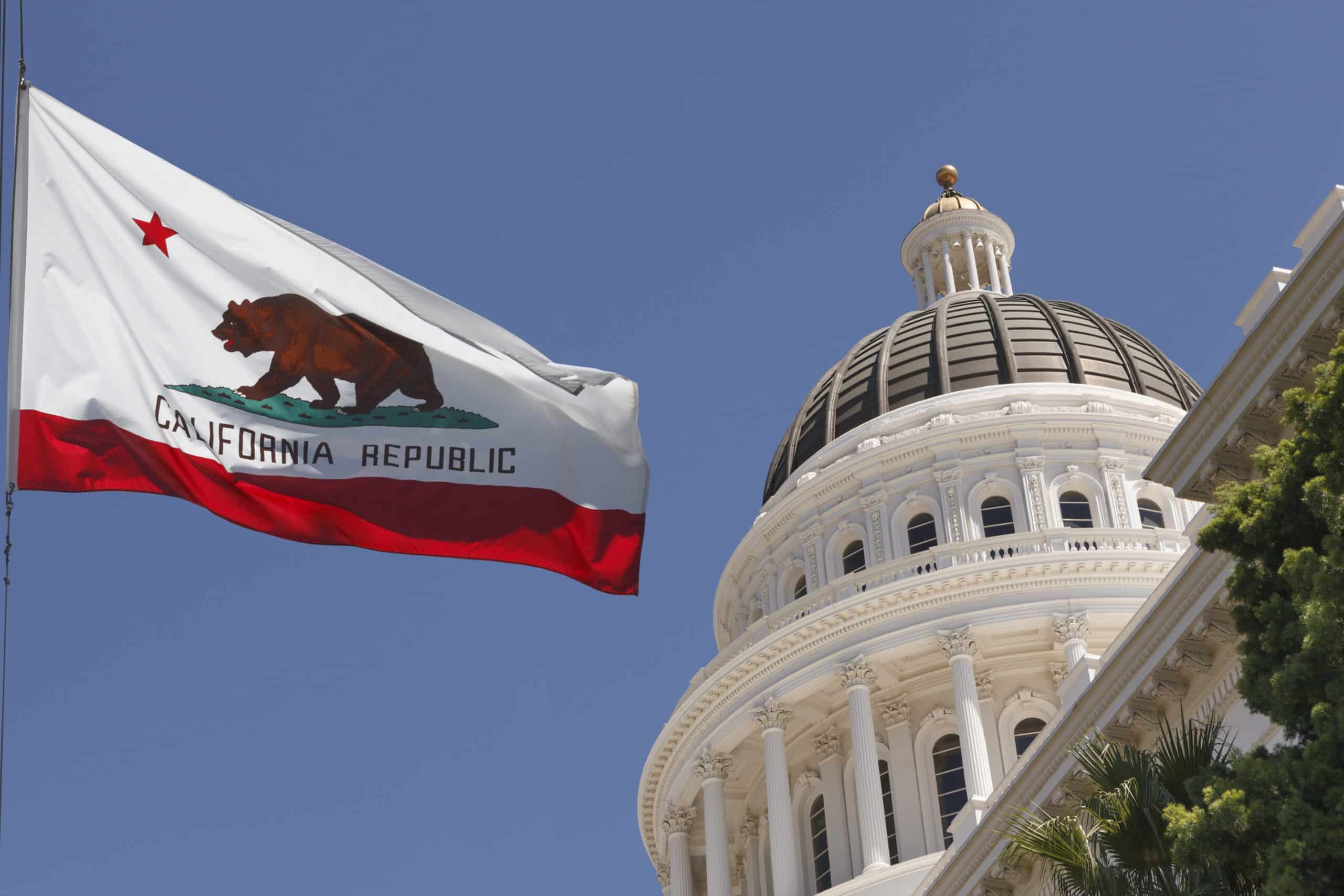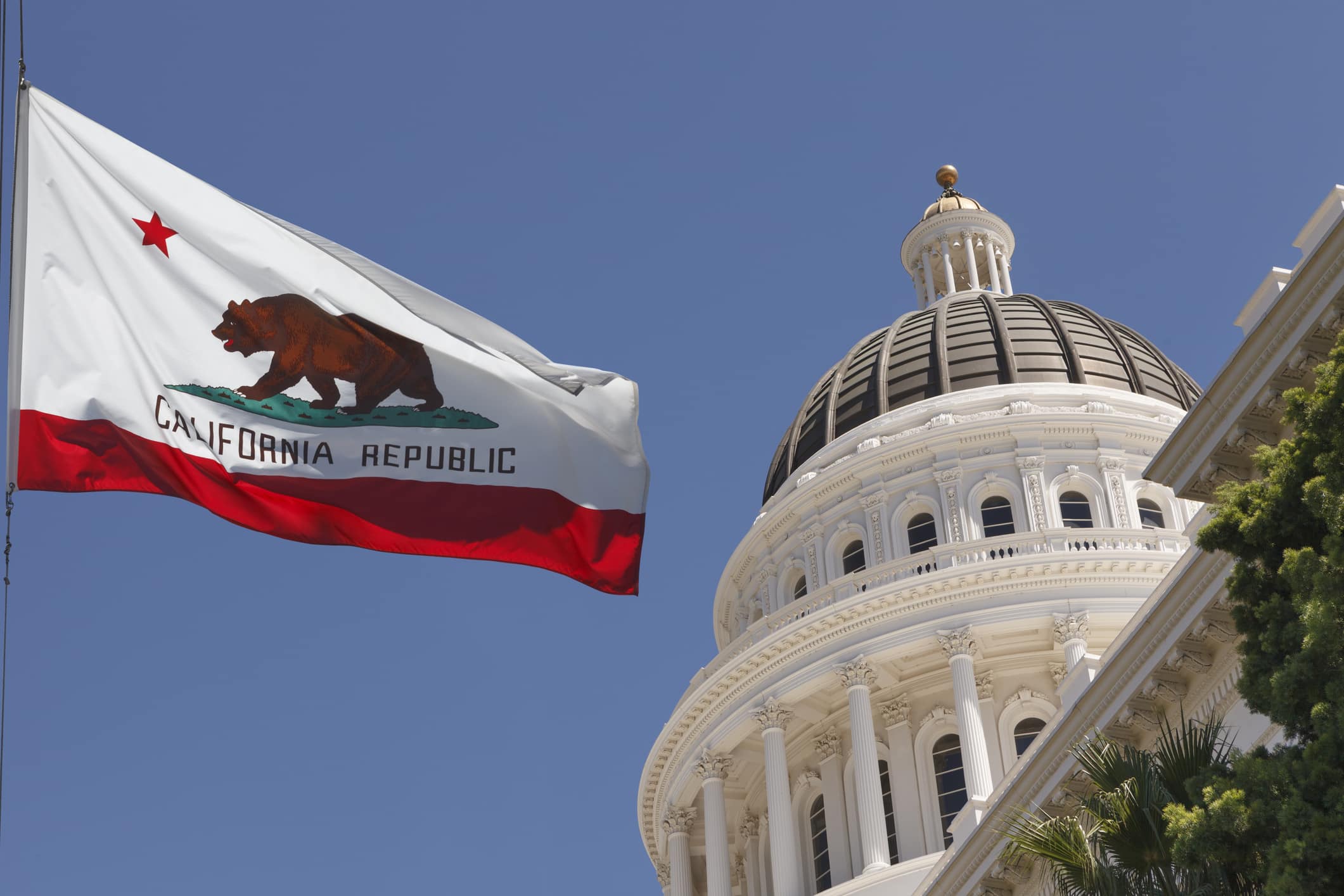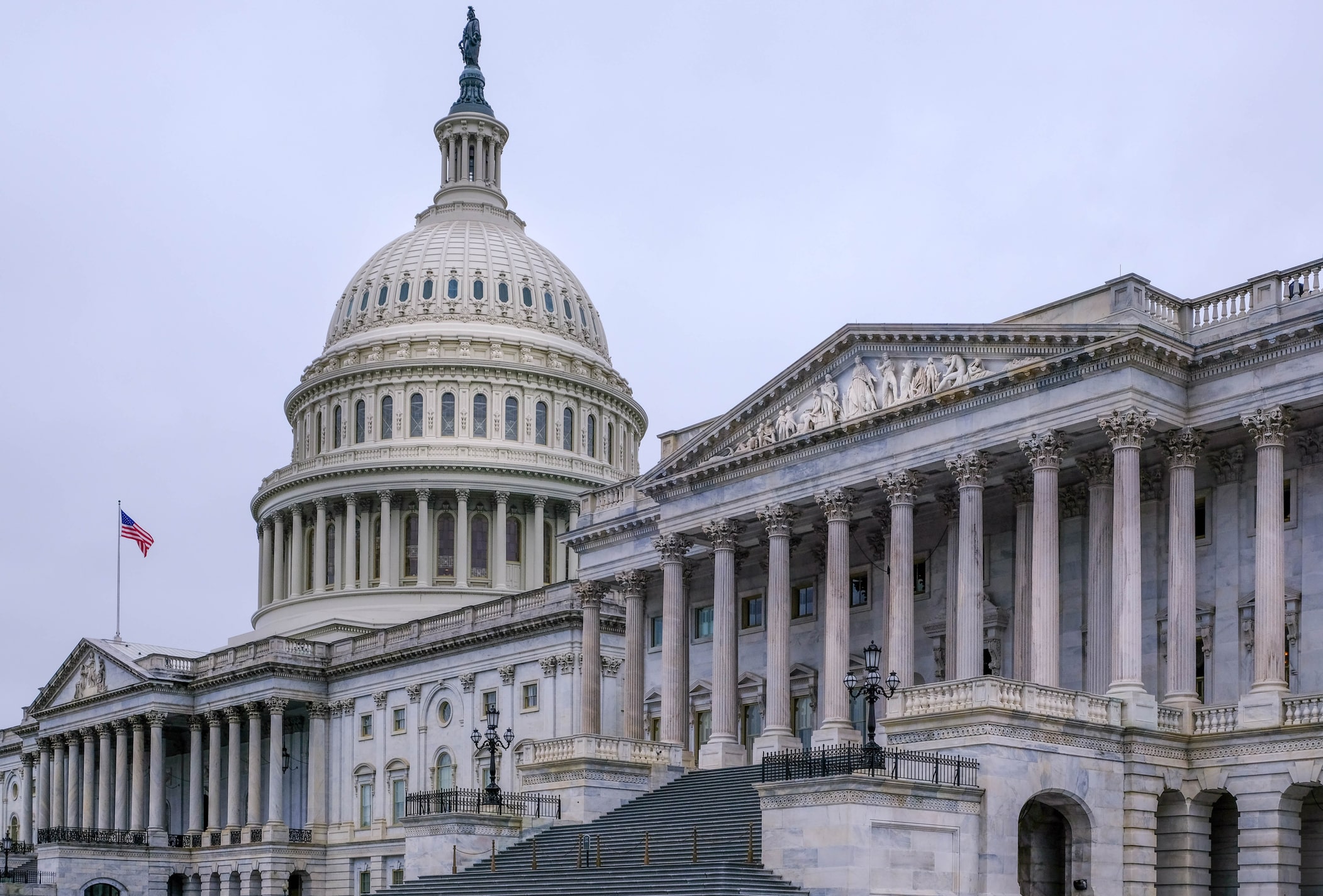A new Emerson College Polling/Inside California Politics/The Hill survey of the June 2026 primary election for governor finds 31% of those who plan to vote would support former Vice President Kamala Harris were she to enter the race. Former Representative Katie Porter follows with 8%, while 4% support Republican Riverside Sheriff Chad Bianco. Thirty-nine percent are undecided. Without Harris on the ballot, Porter’s support increases to 12% and Bianco holds 4%. A majority (54%) are undecided without Harris on the ballot.
“How competitive the 2026 gubernatorial primary in California depends on whether or not Harris runs — other candidacies, like Katie Porter’s, are contingent on whether or not the former Vice President enters the race,” Spencer Kimball, executive director of Emerson College Polling, said. “Harris garners 49% of Democrats, while Porter gets 13%. Without Harris in the race, Porter’s support among Democrats rises to 21%, which would make her an early frontrunner in a crowded field.”
Voters are split on whether or not Harris should run for Governor: 50% say the former Vice President should not run, and 50% think she should.
Fifty-nine percent of voters think Governor Gavin Newsom should not run for President in 2028, while 41% think he should run.
- 61% of Democrats think Newsom should run, while 78% of Republicans and 75% of independents think he should not.
Governor Newsom holds a 33% approval rating and 42% disapproval; 24% are neutral.
President Donald Trump holds a 28% job approval rating, while 56% of voters disapprove of the job he is doing in office.
On the generic congressional ballot, 53% support the Democratic candidate, while 29% support the Republican candidate. Eighteen percent are undecided.
The economy is the top issue for 40% of California voters, followed by housing affordability at 24%, threats to democracy (7%), immigration (7%) and crime (7%).
California voters see tariffs as more of a tax on the US consumer rather than a tax on the foreign country, 60% to 22%. Eighteen percent view it as neither.
A majority of California voters are very (44%) or somewhat (28%) concerned about the recent swings in the U.S. stock market, while 16% are not that concerned and 12% are not concerned at all.
“A majority of Democrats, 77%, and half of independent voters see tariffs as more of a tax on the consumer, while 48% of Republican voters see them as more of a tax on the foreign country,” Kimball added.
A majority of California voters (60%) think mass deportations of undocumented and illegal immigrants in California are a bad thing for the state, while 40% think they are a good thing.
2028 Summer Olympic Games in Los Angeles
Regarding the 2028 Summer Olympics in Los Angeles, 32% are very interested in the games, 44% are somewhat interested, and 24% are not interested at all.
Half of California voters see jobs and economic growth as the top benefit of LA hosting the Olympic Games, 17% view enhancing LA’s reputation as the top benefit, 14% creating new facilities to benefit the region, and 17% see no benefit to LA hosting the games.
Traffic and crowds during the games is the top concern of LA hosting the Olympics for 39%, followed by public debt (21%), terrorist acts (17%), and disruptions from construction (6%); 13% have no concerns.
A majority of California voters (58%) would want to see the Olympic games in person if they could afford it, while 42% would not.
Kimball found that, “For a majority of respondents, job and economic growth is seen as the top benefit of hosting the Olympics (50%), while a plurality cite traffic and crowds (39%) as the top concern. Interest in attending the games is highest among young people—77% of those 18-29 and 65% of those 30-49 say they would want to attend in person. That interest declines with age: 46% of those 60-69 and just 37% of those 70 and older say the same.”
Methodology
The Emerson College Polling California survey was conducted April 12-14, 2025. The sample of California registered voters, n=1,000, has a credibility interval, similar to a poll’s margin of error (MOE), of +/- 3 percentage points. The two primary ballot test questions only include those who say they would vote in the primary. The sample size for the 2026 primary with only declared candidates includes n=899, the sample size for the 2026 hypothetical primary question includes n=911, both have a credibility interval of +/-3.2%. Sample sizes vary because each ballot test question offered an “I do not plan to vote in the primary” option.
The data sets were weighted by gender, education, race, age, party registration, and region.
It is important to remember that subsets based on demographics, such as gender, age, education, and race/ethnicity, carry with them higher credibility intervals, as the sample size is reduced. Survey results should be understood within the poll’s range of scores, and with a confidence interval of 95% a poll will fall outside the range of scores 1 in 20 times.
Data was collected by contacting a voter list of cellphones via MMS-to-web text, of and an online panel of voters provided by CINT. Panel responses were matched to the Aristotle voter file using respondents’ full name and ZIP code. The survey was offered in English.
All questions asked in this survey with the exact wording, along with full results, demographics, and cross tabulations can be found under Full Results. This survey was funded by Emerson College / Nexstar Media.







